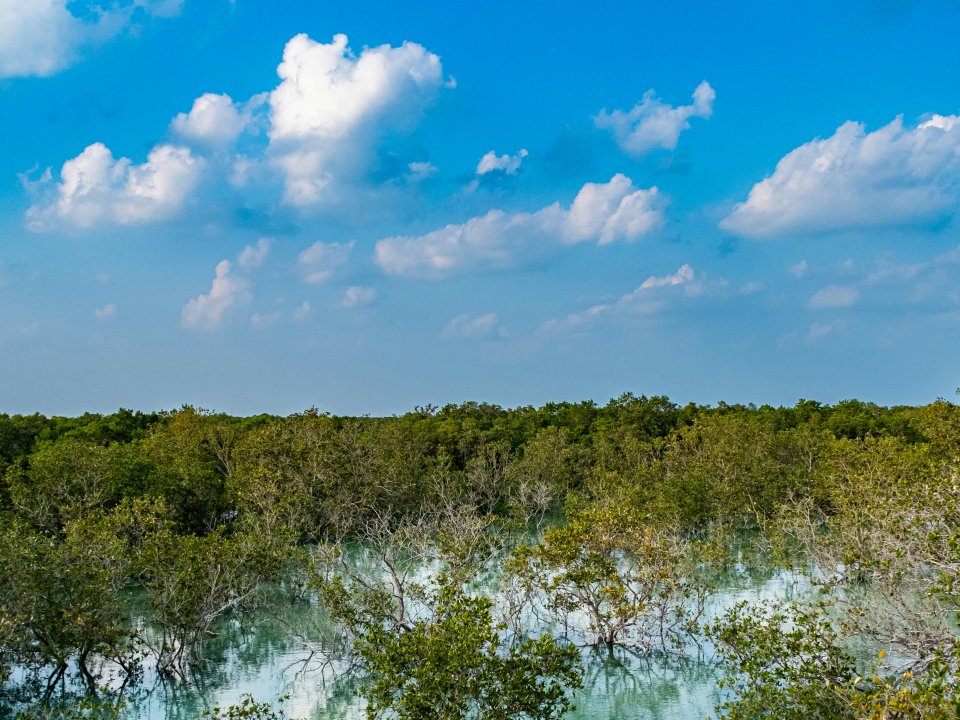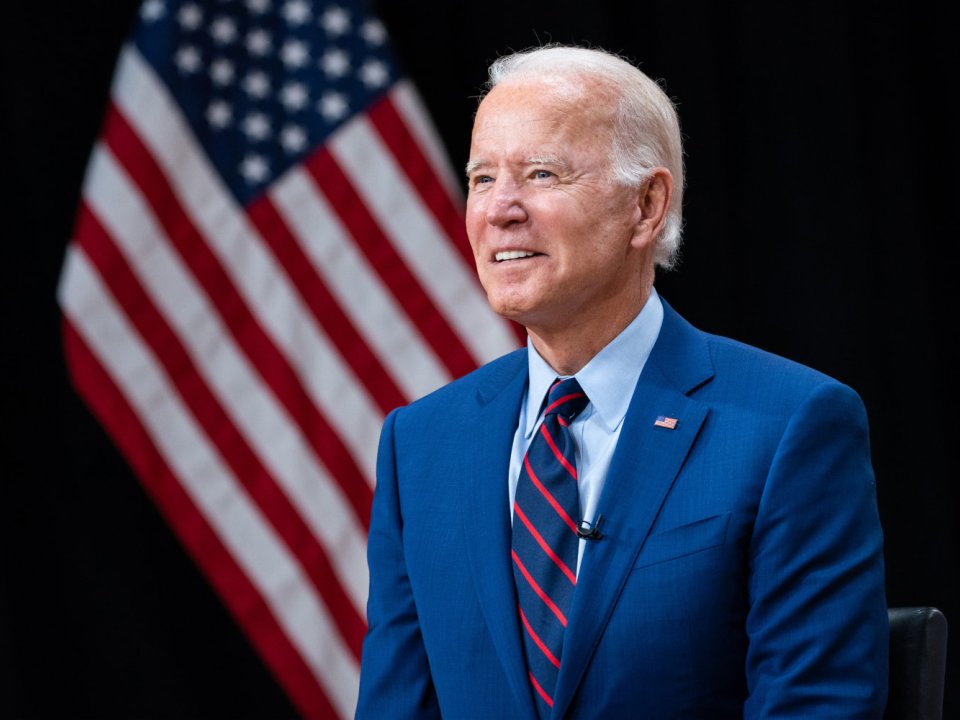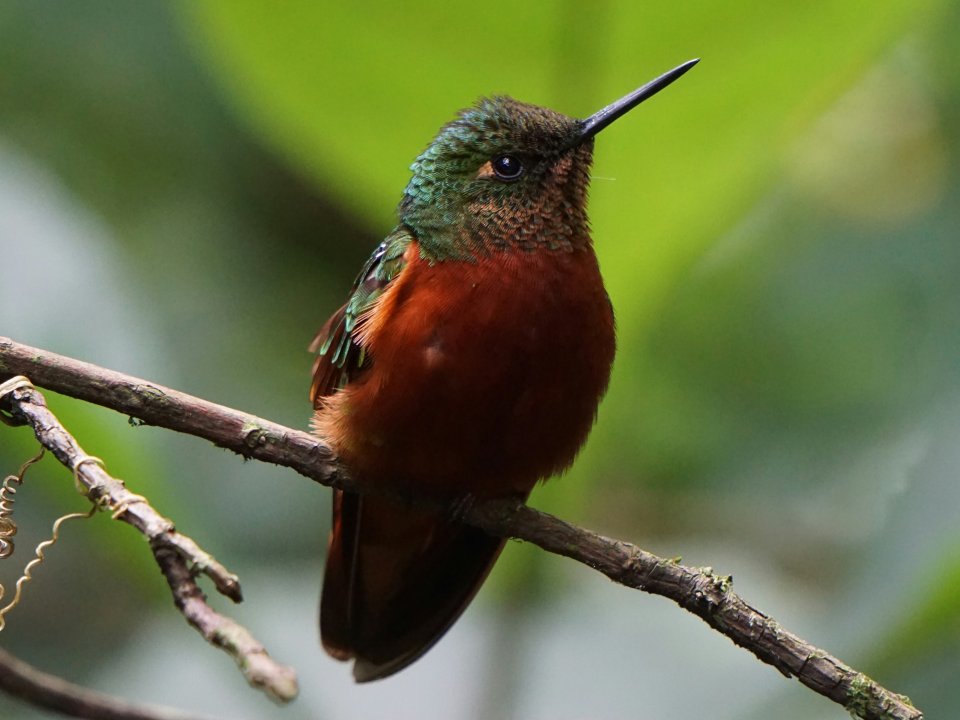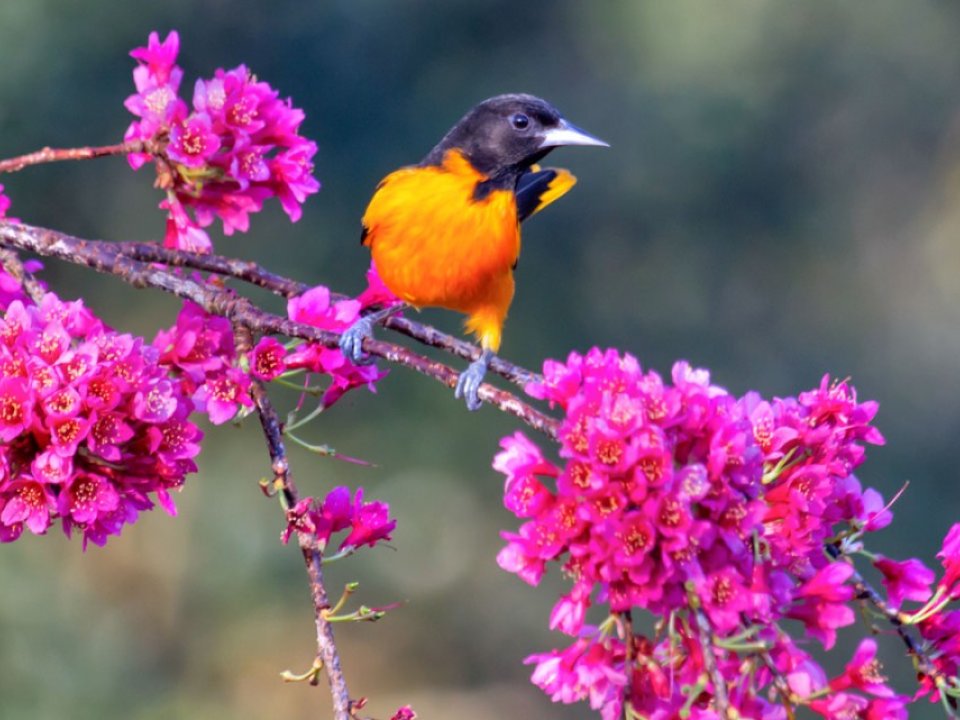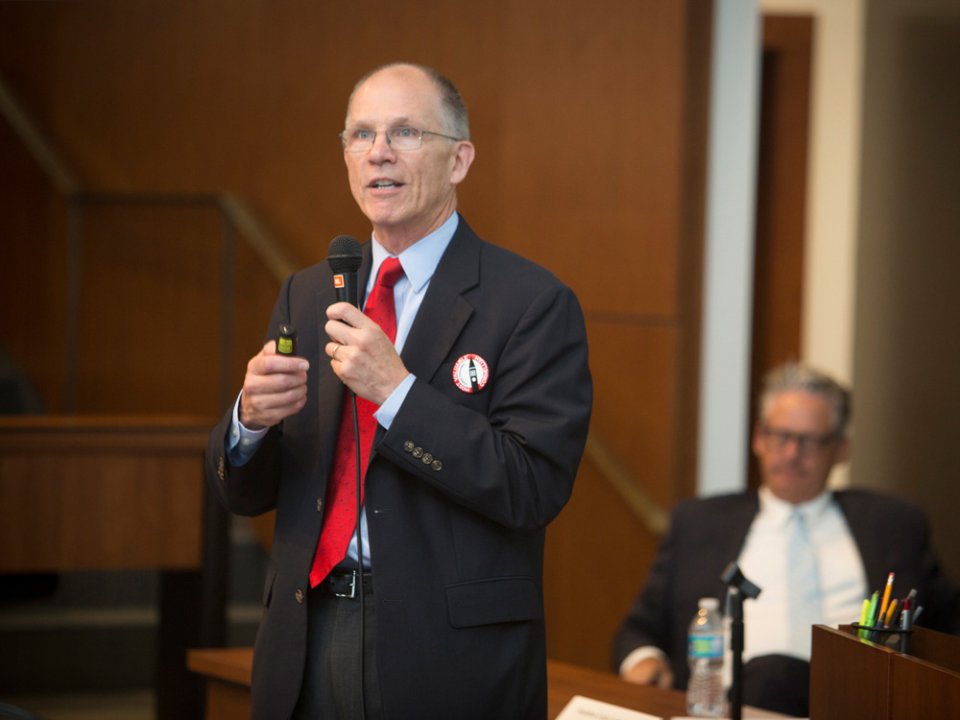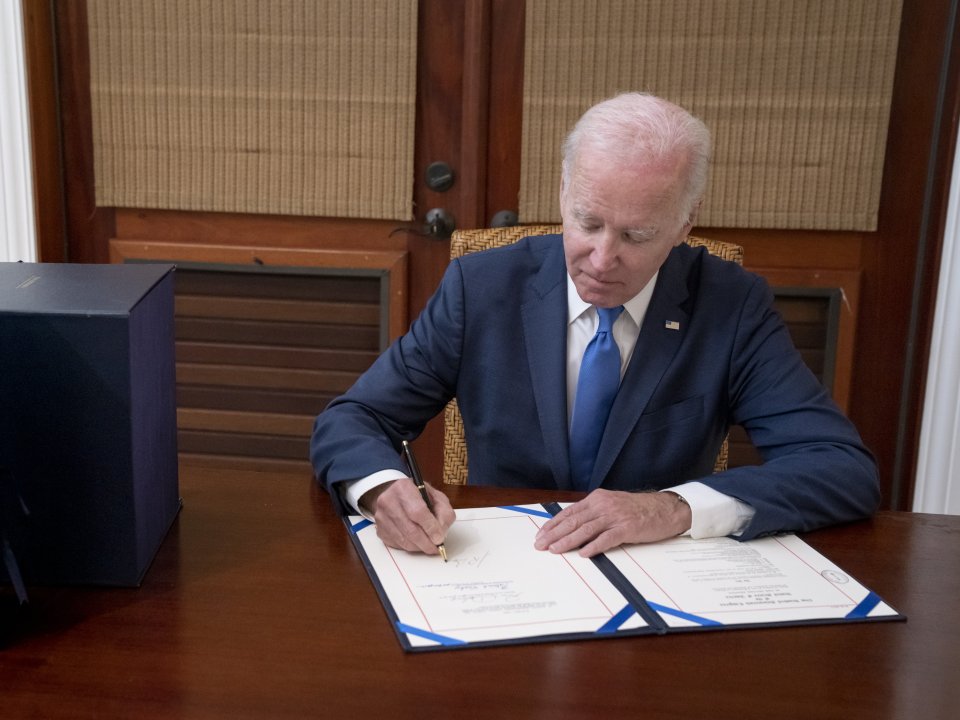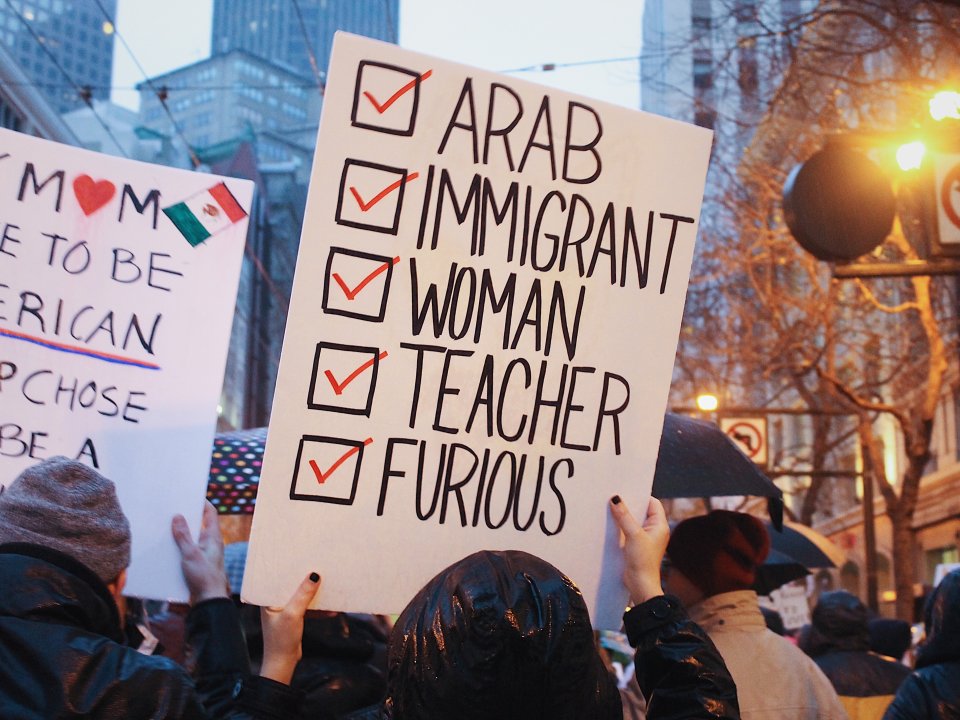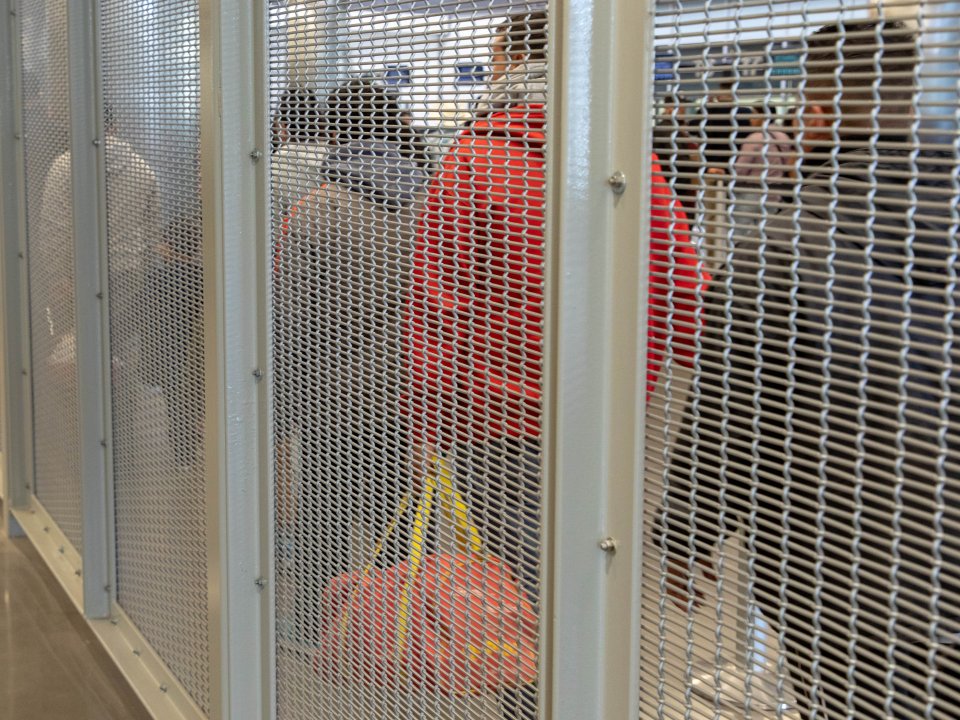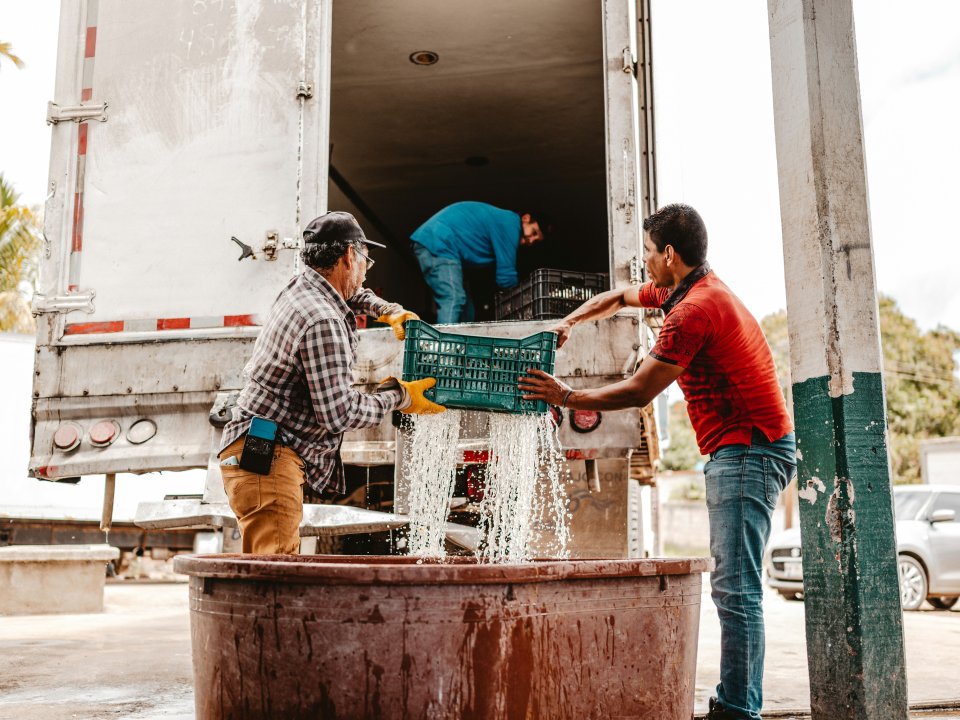News
Andrew Farnsworth, a visiting scientist at the Cornell Lab of Ornithology, says more mangrove habitat is a “probable win for birds in many ways” in Florida.
“It is a small step within a complex immigration system that can smooth the way for many individuals to get a work visa more quickly,” says Stephen Yale-Loehr, professor of immigration law.
“That displacement is causing them to go into forests that tend to have the greatest conservation value and are disproportionately occupied by Indigenous peoples,” said study author Amanda Rodewald, from the Lab of Ornithology.
In addition to its human consequences, cocaine trafficking harms the environment and threatens habitats important to dozens of species of migratory birds, according to a new study.
The American Immigration Lawyers Association (AILA) recognizes Stephen Yale-Loehr with the Robert Juceam Founders Award, which is given from time to time to the person or entity having the most substantial impact on the field of immigration law or policy.
Alexandra Dufresne, professor of practice, writes this piece on student protests and why universities should keep immigration consequences in mind.
Stephen Yale-Loehr, professor of immigration law, says, “Courts will have to decide how much deference to give President Biden and whether his lawyers have crafted the executive order carefully enough.”
Stephen Yale-Loehr, professor of immigration law, discusses the state of the U.S. immigration system.
Stephen W. Yale-Loehr, an immigration law scholar at Cornell University Law School, said that reforming the immigration system and expanding access to counsel should both happen simultaneously.

